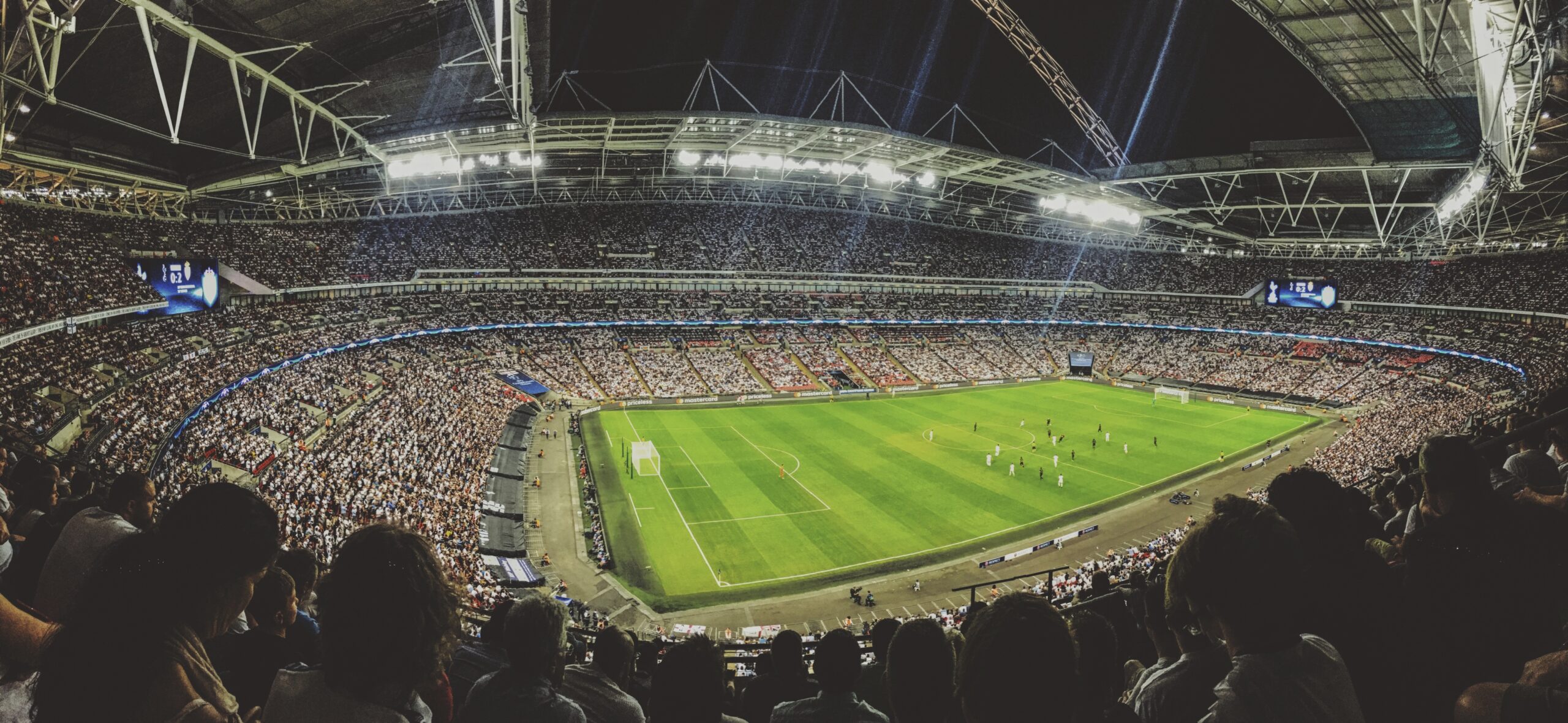
Let’s talk about the Football World Cup… an opportunity for peace education
These days news about the (Men´s) FIFA Football World Cup are omnipresent, it is hard to escape it. Matches were on TV in cafés in remote villages, airports waiting rooms, and in big screens in public places. Everyone shared their ideas about which country they supported, discussions were heard in the market queues, elevators and workplaces. Children also discussed the results in school.
As the most viewed sports event globally, it has a tremendous informal education impact. We learn about other countries, cultures, and languages, and very importantly, the values of fair play, teamwork, and respect for others. Sports, and football, in particular, have proven to have contributed to youth empowerment and social cohesion, helping to break ethnic, class, gender, generational, and other boundaries.
Football has a unifying power. In often polarised and divided societies, disagreements and differences are put on hold when cheering for one’s country team. These teams represent the countries hopes and aspirations. Players’ stories exemplify lives of dedication, discipline, and efforts, in some cases, showing how players overcame obstacles to be able to play football professionally, and how important family support was for them, especially of their mothers, grandmothers and partners. Players are role models for many children and youth. The FIFA recognises this power and its campaign reads “Football unites the world”, and German football legend, Lothar Matthaus expresses “Football is essential for world peace”.
These are valuable contributions we need to cherish. At the same time, a comprehensive concept of peace implies more than acknowledging and respecting the adversary. It also implies recognising all human beings as bearers of rights and the inextricable link between our survival and well-being and protecting our planet. This is why building peace through sports should consider the actual ethical, human rights and environmental practices related to any sports event. In the case of this World Cup we need to learn about and take relevant action in relation to the human rights abuses, environmental impacts and ethical issues related to the organisation of the event. The World Cup can be an opportunity for peace education and social change. For example, human rights organisations and trade unions have documented human rights abuses in the country, especially against those migrant workers building the infrastructures, and discriminatory practices against women and LGBTQI+ people (See for example, reports of Amnesty International, and International Trade Union Confederation (ITUC). Moreover, recent investigations of possible corruption related to the World Cup at the European Parliament are worrisome, and hopefully lead to mechanisms to address corrupt practices.
Educators should take the opportunity created by the massive attention to this event to talk about how sports (and football fans in this case) can contribute to more peaceful, fair and sustainable societies. But how?
Human rights educators, peace educators, and global educators have used the World Cup as an opportunity for reflection and action and there are plenty of tools and activities suggestions available. For example, Prof. Alicia Cabezudo, an Argentinean peace and human rights educator, wrote an article on the occasion of the Russia 2018 Cup stating “We have an extraordinary opportunity to make this celebration a new learning experience in the education field where the importance of living together, respect for “others,” interculturality as a social strength and the sense of collective work toward shared social goals can be discussed as dimensions of an ethical and political “curriculum.” She suggests going beyond learning the names of the countries and taking the opportunity to do research about them and address themes such as peace as a human right, respect for international law and human rights, and the relevance of cultural and religious pluralism, among others. See also a recently published article reinforcing all the pedagogical, reflection, and dialogue opportunities such an event creates.
A second example is the Resource Pack “Globalisation: the Youth and the Truth” developed by the National Youth Council of Ireland. This resource offers readings and activities to help young people understand globalisation and how the way they relate to global economics, culture, the environment, political forces, and technology may impact the sustainability of the planet, their own lives and the lives of other human beings in other parts of the world. One of these tools is a Knowledge tool about “Human Rights and the Qatar World Cup 2022”. Insights about the human, economic and environmental costs of the event are provided as well as how national teams, organisations and individuals have challenged the organisers urging them to abide by the United Nations Guiding Principles on Business and Human Rights adopted in 2016.
Let´s enjoy sports and the magic it creates. At the same time, let’s use sports to re-consider what fair play means, the implications of healthy competition and perhaps, re-invent games, stressing cooperation and creativity, where we all can win. Sports events can also be opportunities to learn about the importance of protecting the human rights of all, of ethical management and distribution of resources, and environmental sustainability. As we are ever so more interconnected in a globalised world, we compose a global team, and we all have a role to play. Our actions have (director or indirect) consequences on others, and we must be aware of these. Whether our national team was among the 32 classified teams or not… whether we like football or not, we should all be part of team “Planet Earth”.
Celina Del Felice is an Associate of the Agency for Peacebuilding.































